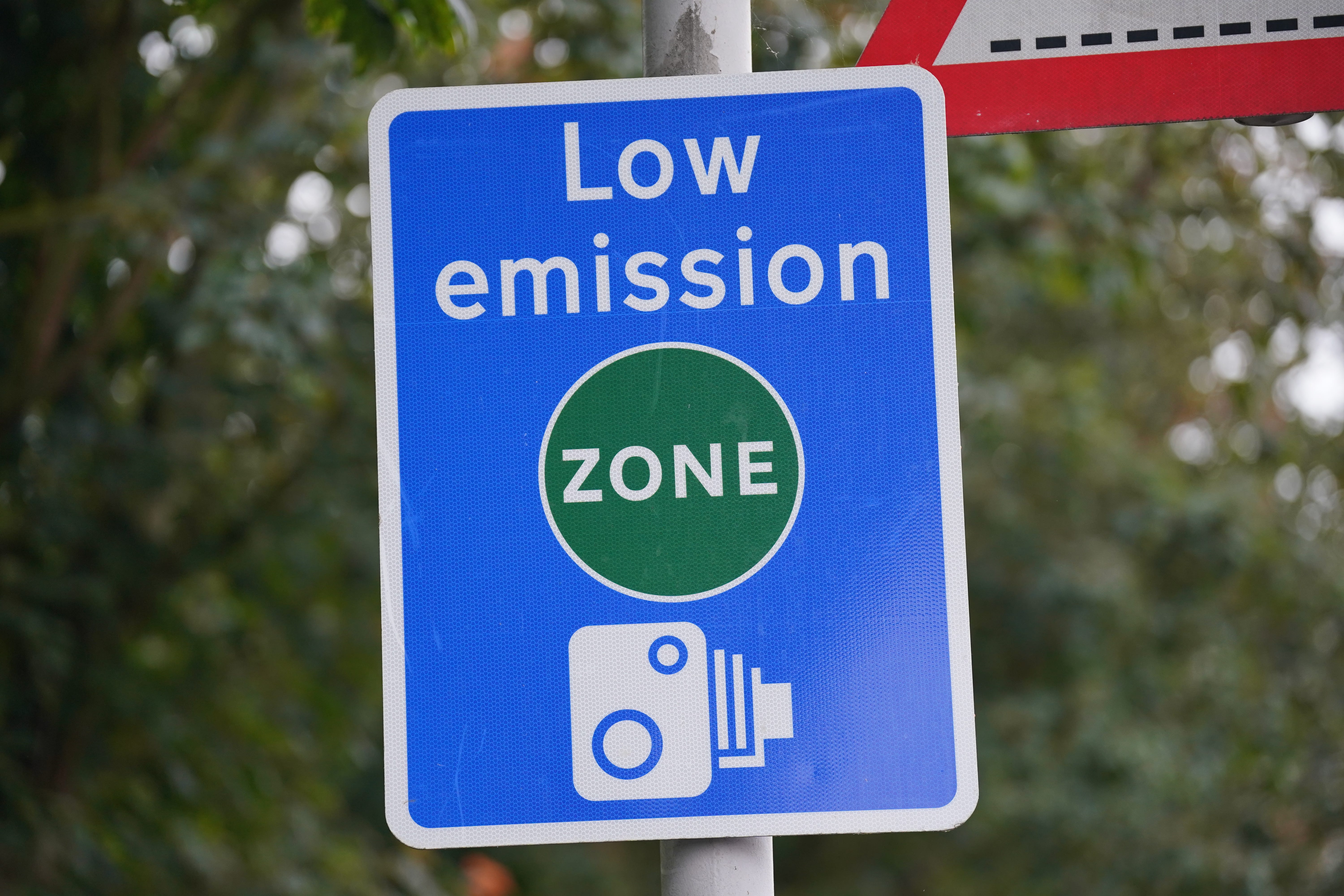‘Low emission zones could reduce mental health problems’ – study
The new study found that air pollution – and potentially noise pollution – can have an impact on mental health.

Babies who are exposed to air pollution while in the womb and during early childhood may be more likely to have mental health problems when they are teenagers and young adults, according to a new study.
Researchers said that measures to reduce a person’s exposure to pollution – such as low emissions zones – could potentially help reduce mental health problems in the population.
It comes as the new study found that air pollution – and potentially noise pollution – can have an impact.
Our findings add to a growing body of evidence – from different populations, locations, and using different study designs – suggesting a detrimental impact of air pollution (and potentially noise pollution) on mental health
Academics, led by experts from the University of Bristol, examined the long term impacts of air and noise pollution on youngsters who took part in the Children of the 90s study.
Some 14,000 pregnant women from the Bristol area were recruited to the study between 1991 and 1992 and have been tracked ever since.
In the latest study, academics examined information on 9,065 people, linking early childhood data to mental health reports from when they were 13, 18 and 24.
This information was analysed alongside outdoor air and noise pollution levels reported around each person’s home address until they were 12 years old – including when their mothers were pregnant.
People were followed up until they were 25.
One in five (19.5%) were recorded as having had a psychotic experience; 11.4% reported depression and almost one in 10 (9.7%) reported anxiety.
Early-life air and noise pollution exposure were prospectively associated with three common mental health problems from adolescence to young adulthood
Researchers found that relatively small increases in fine particulate matter (PM2.5) during pregnancy and childhood were associated with more psychotic experiences and depression symptoms among teens and young adults.
And higher noise pollution in childhood and adolescence was linked increased odds of anxiety, according to the new study, published in the journal JAMA Network Open.
“Early-life air and noise pollution exposure were prospectively associated with three common mental health problems from adolescence to young adulthood,” the authors wrote.
“Interventions to reduce air and noise pollution exposure (eg, clean air zones) could potentially improve population mental health.”
Lead author, Dr Joanne Newbury from the University of Bristol, said: “Childhood, adolescence, and early adulthood are critical periods for the development of psychiatric disorders: worldwide, nearly two-thirds of those affected become unwell by the age of 25.
“Our findings add to a growing body of evidence – from different populations, locations, and using different study designs – suggesting a detrimental impact of air pollution (and potentially noise pollution) on mental health.
“This is a major concern, because air pollution is now such a common exposure, and rates of mental health problems are increasing globally.
“Given that pollution is also a preventable exposure, interventions to reduce exposure, such as low emissions zones, could potentially improve mental health.
“Targeted interventions for vulnerable groups including pregnant women and children could also provide an opportunity for more rapid reductions in exposure.
“It is important to emphasise that these findings, by themselves, do not prove a causal association. However, other recent studies have shown that low emissions zones appear to have a positive impact on mental health.”
Bookmark popover
Removed from bookmarks